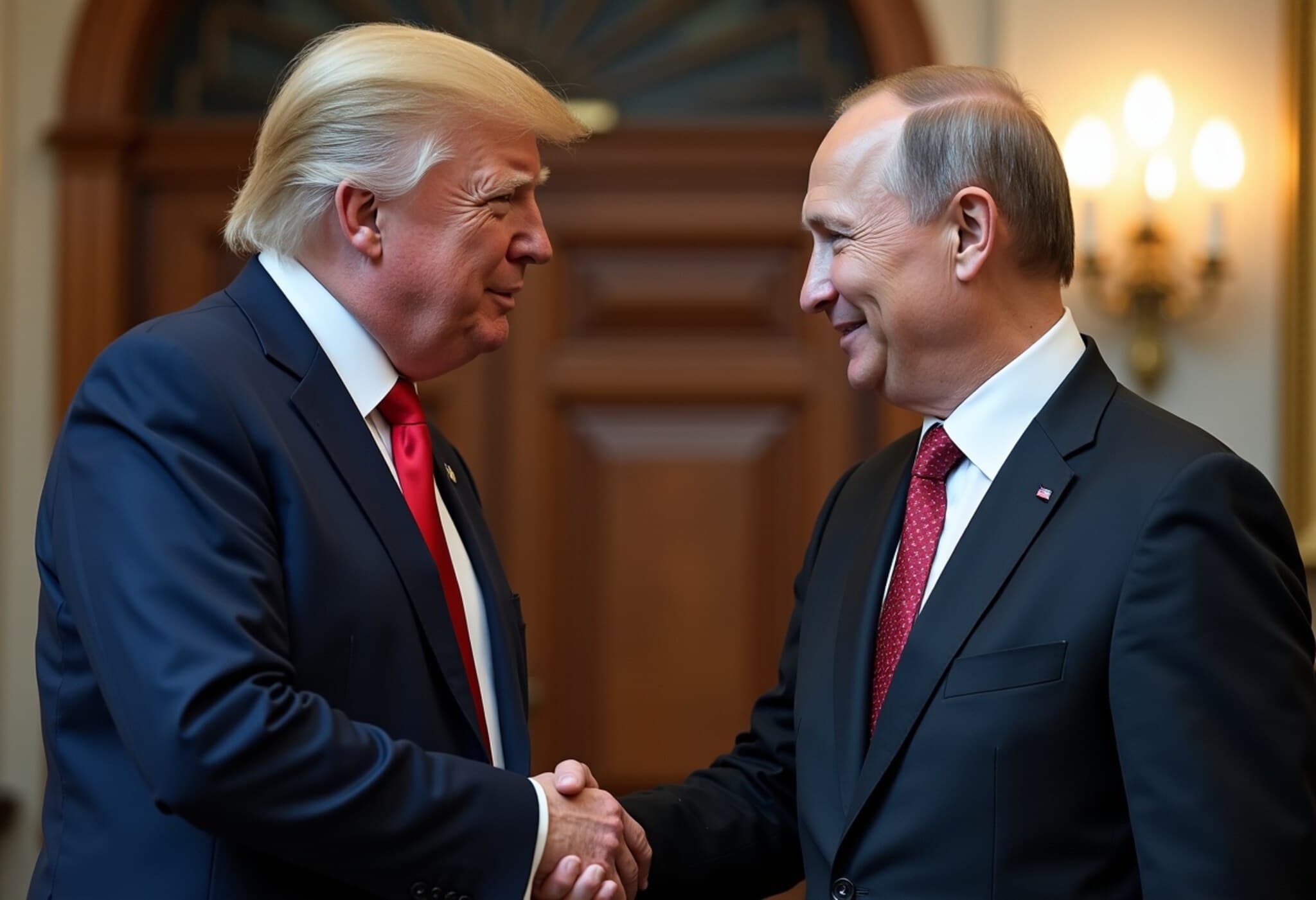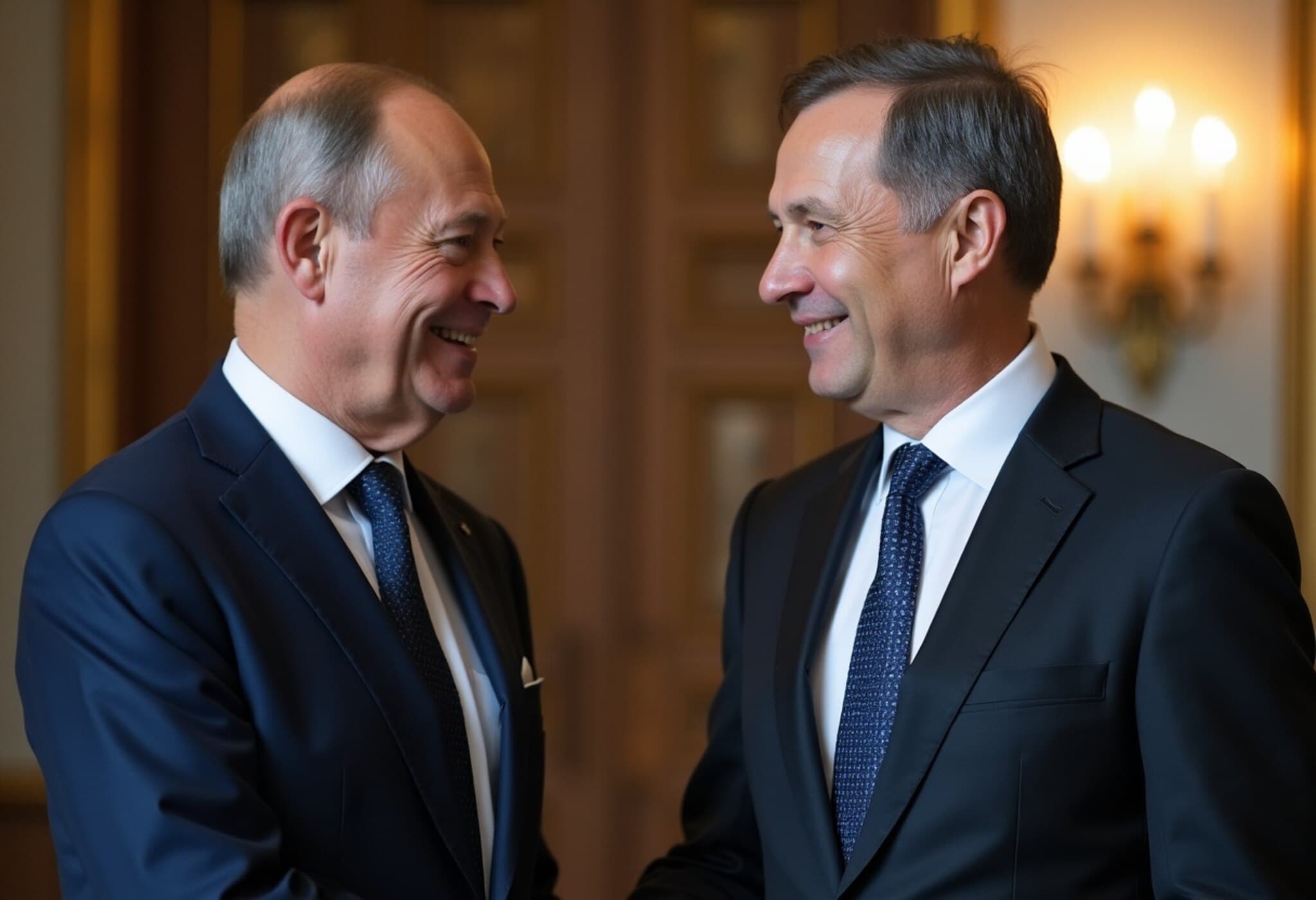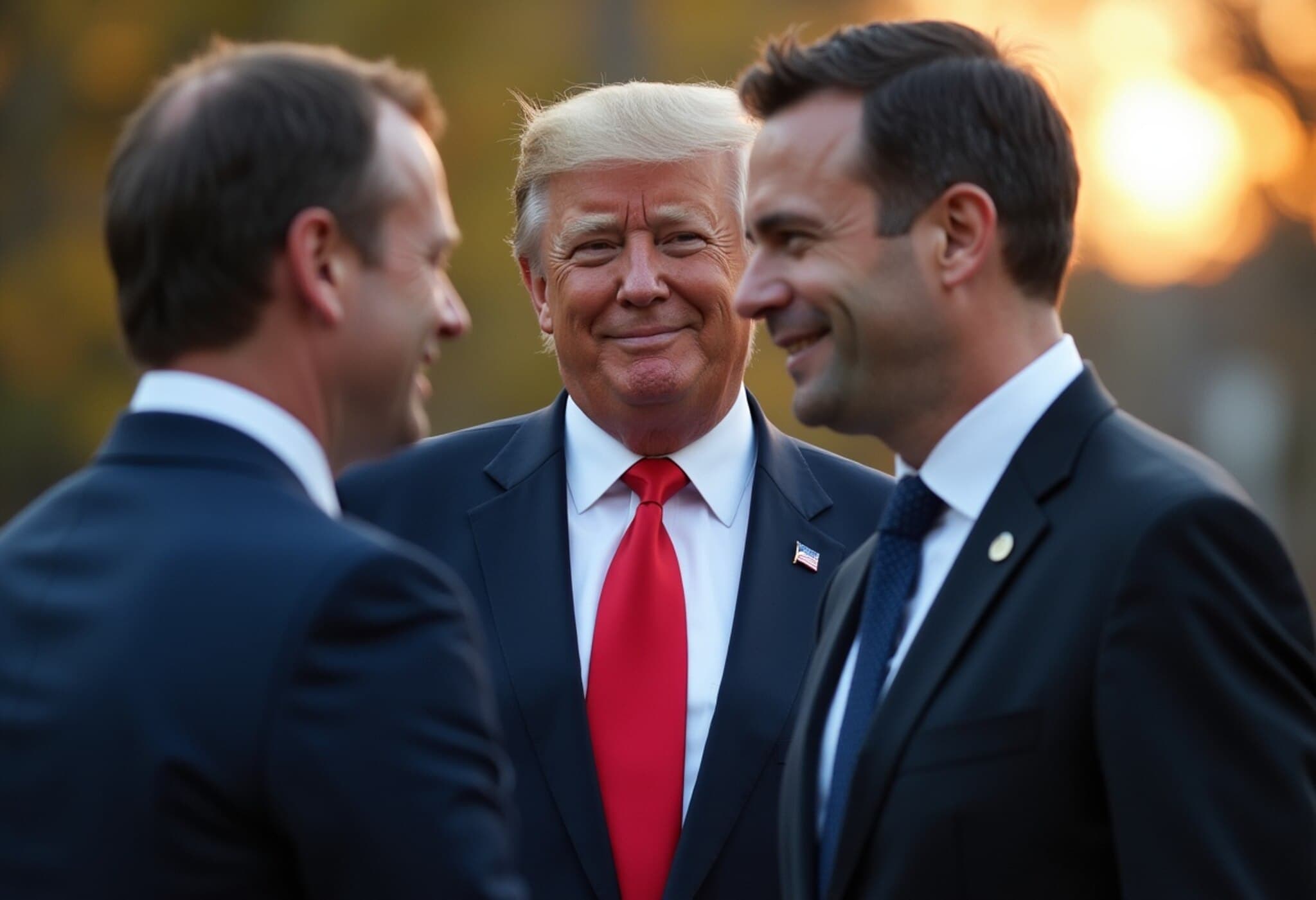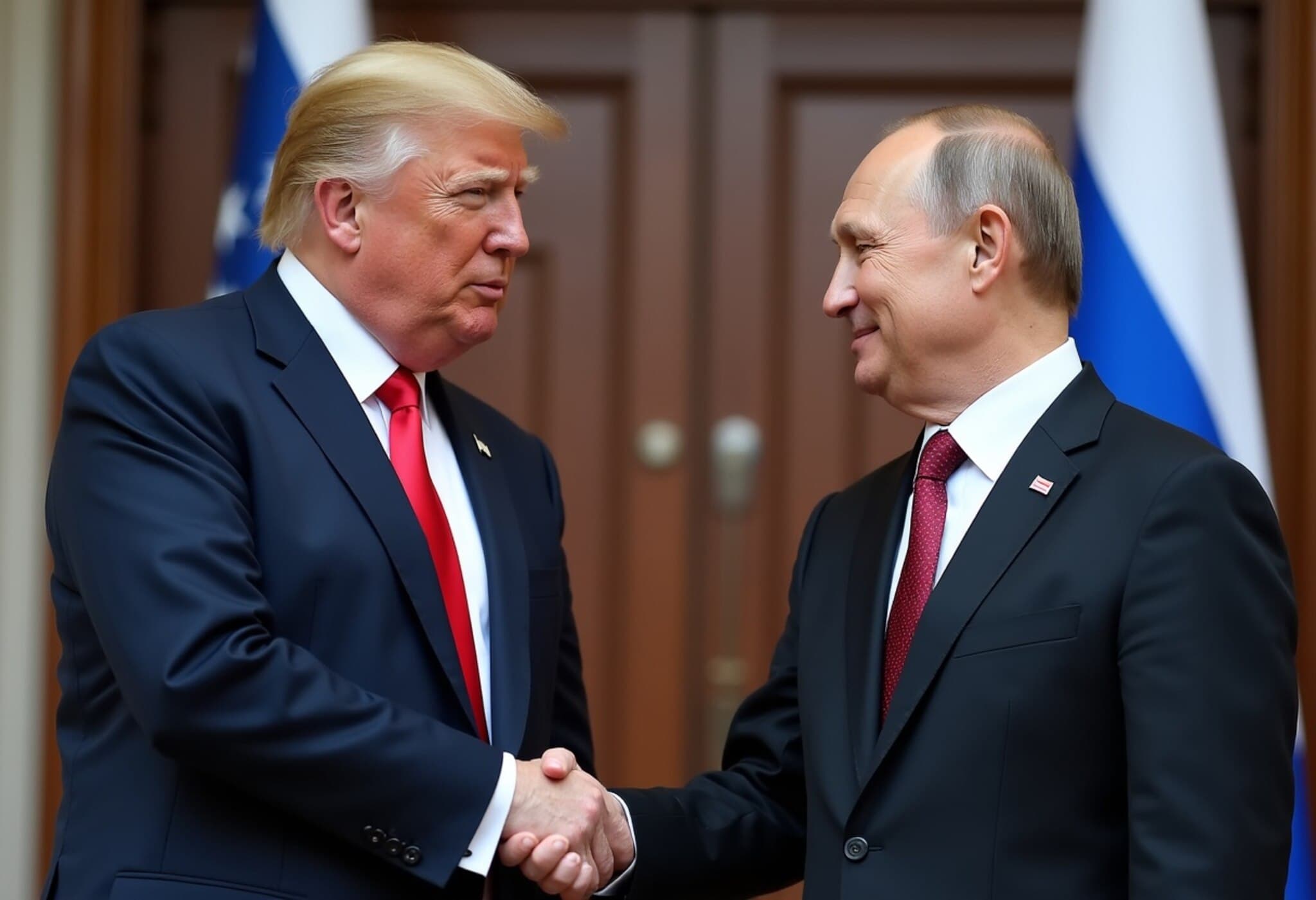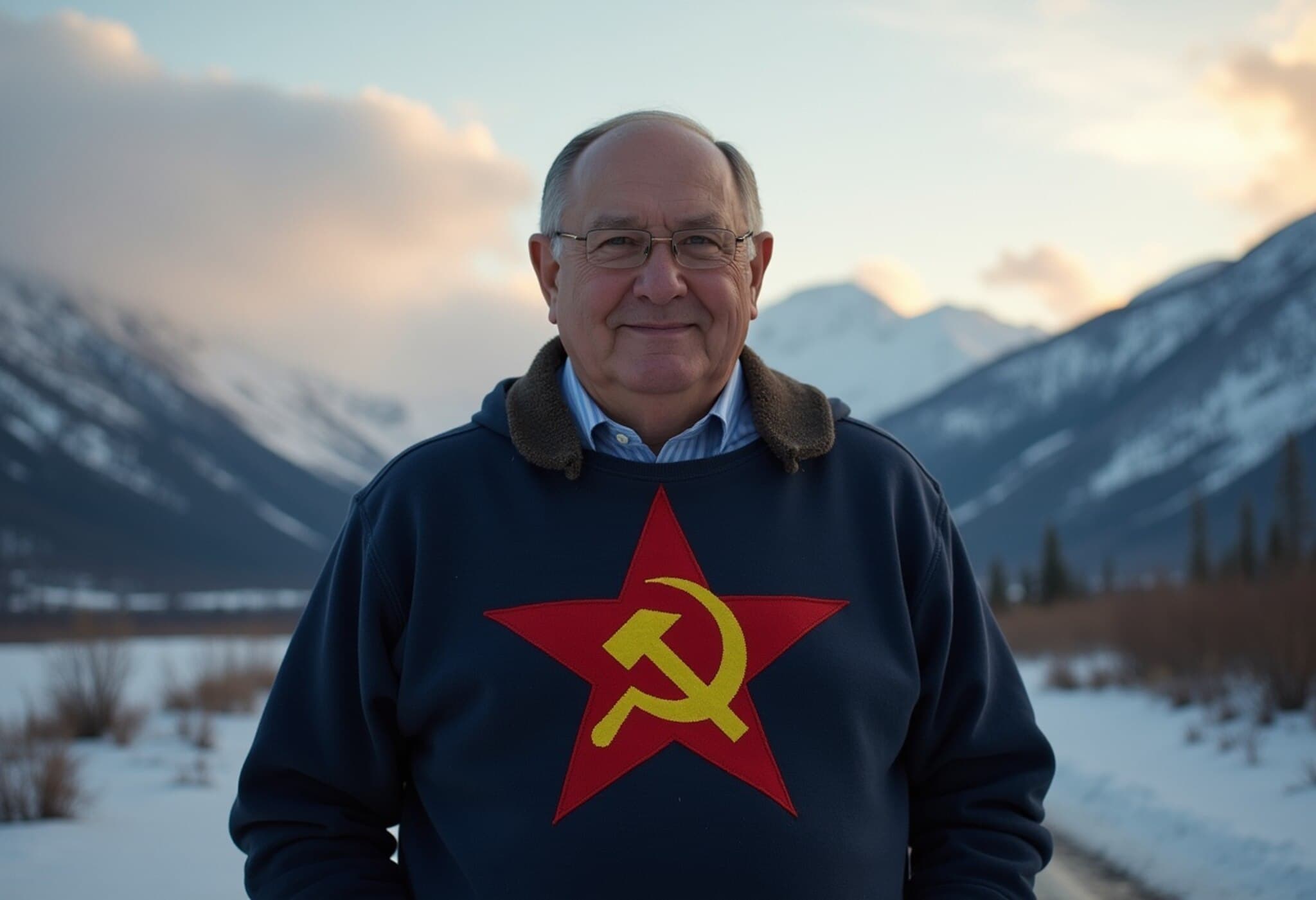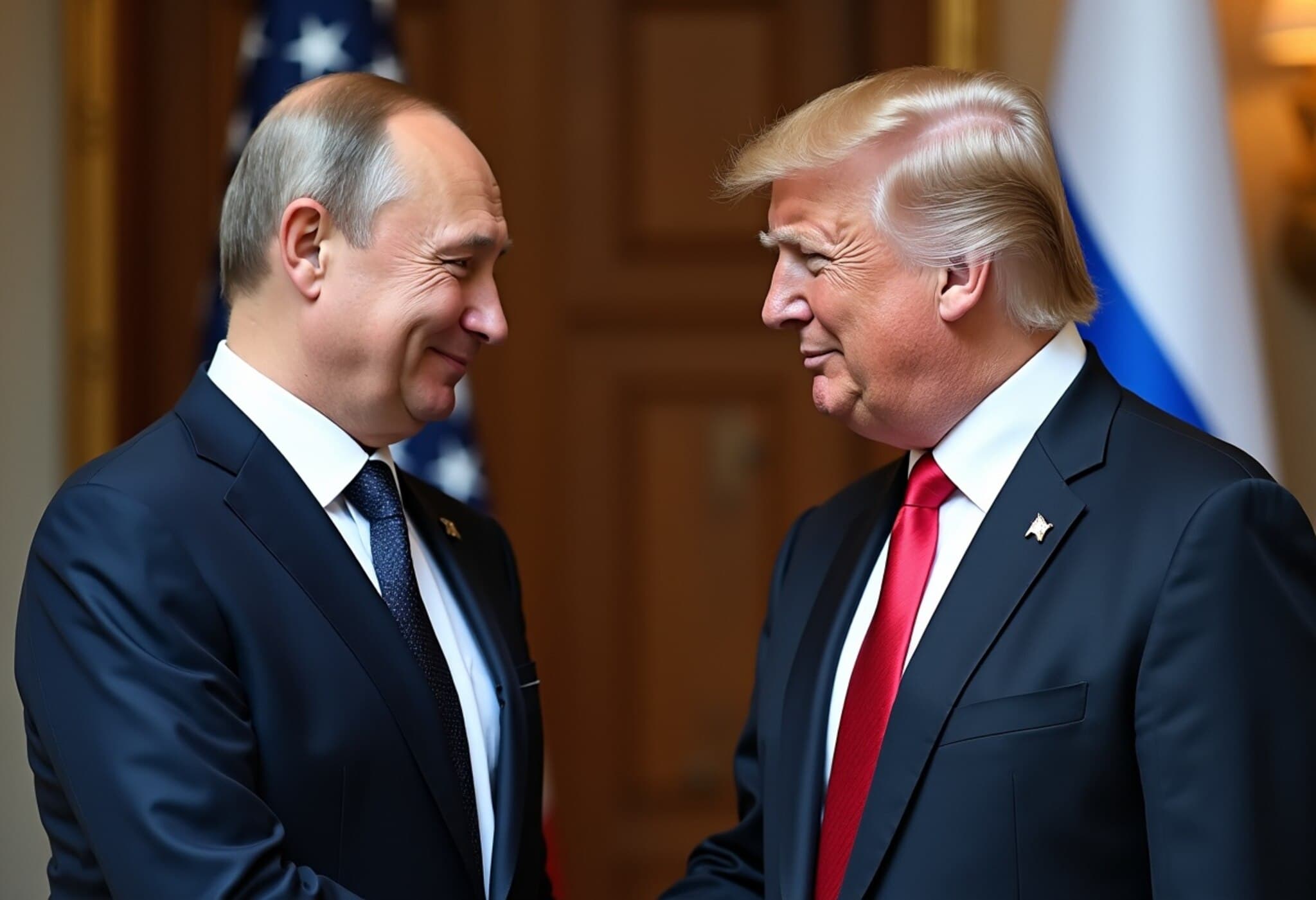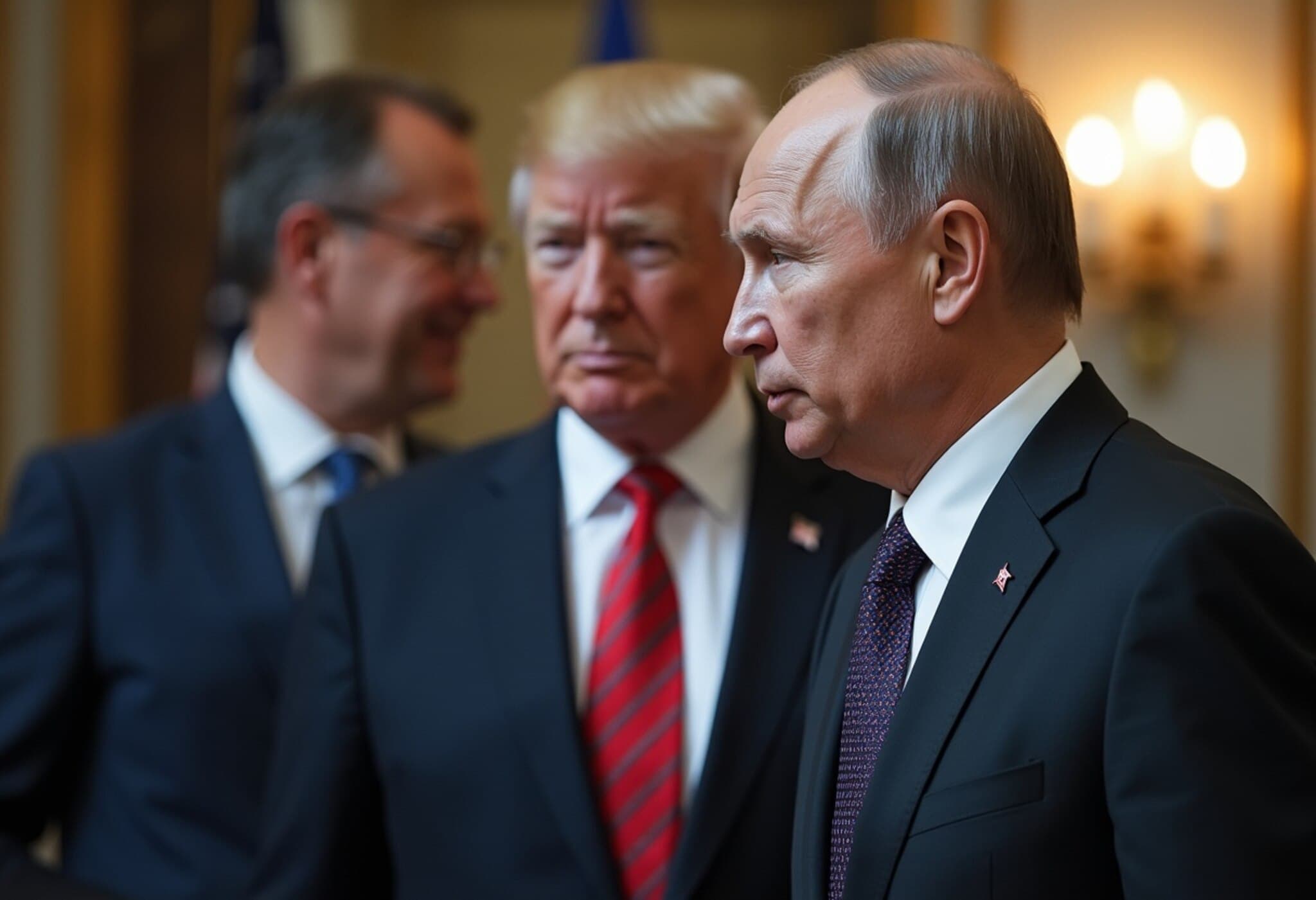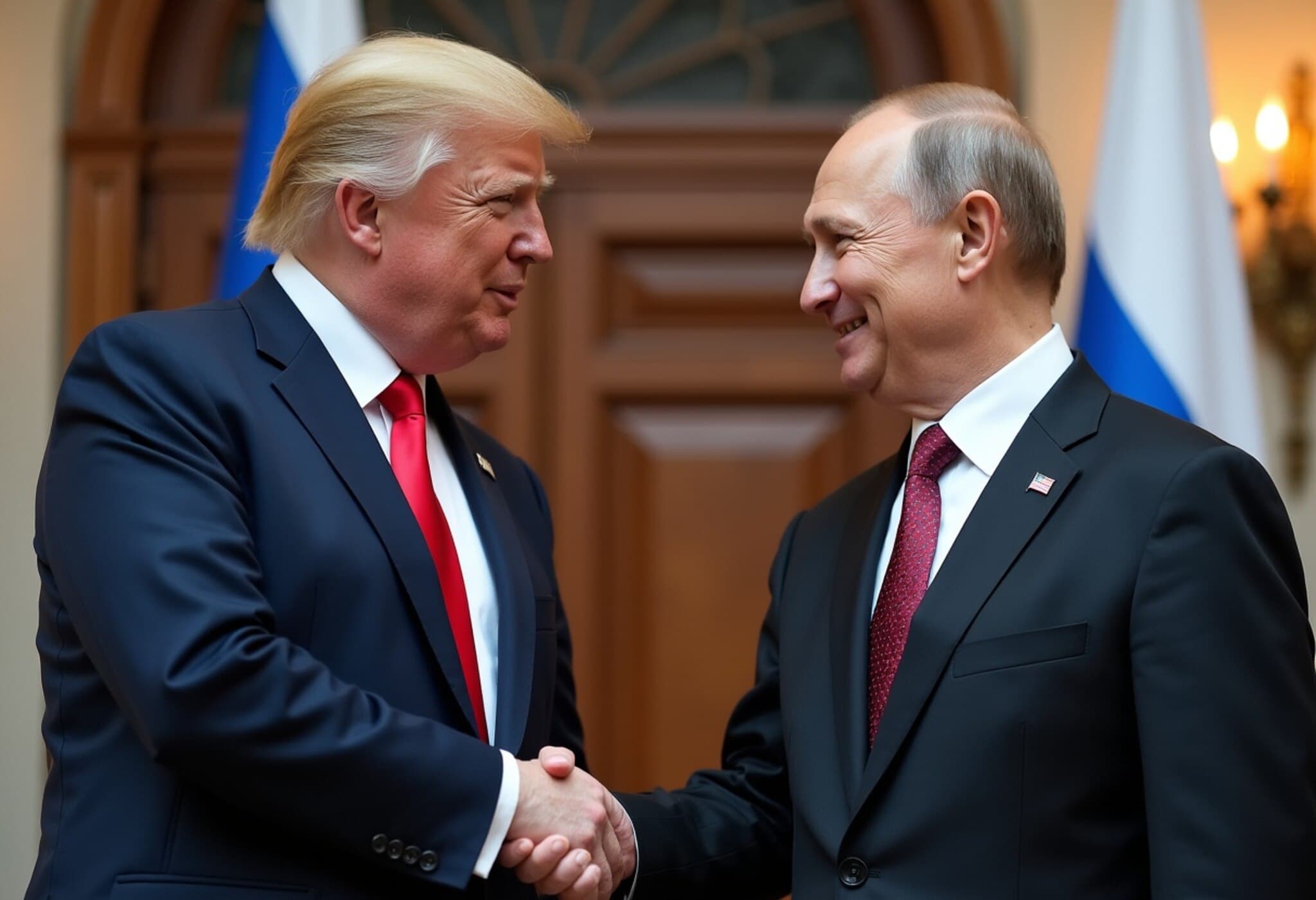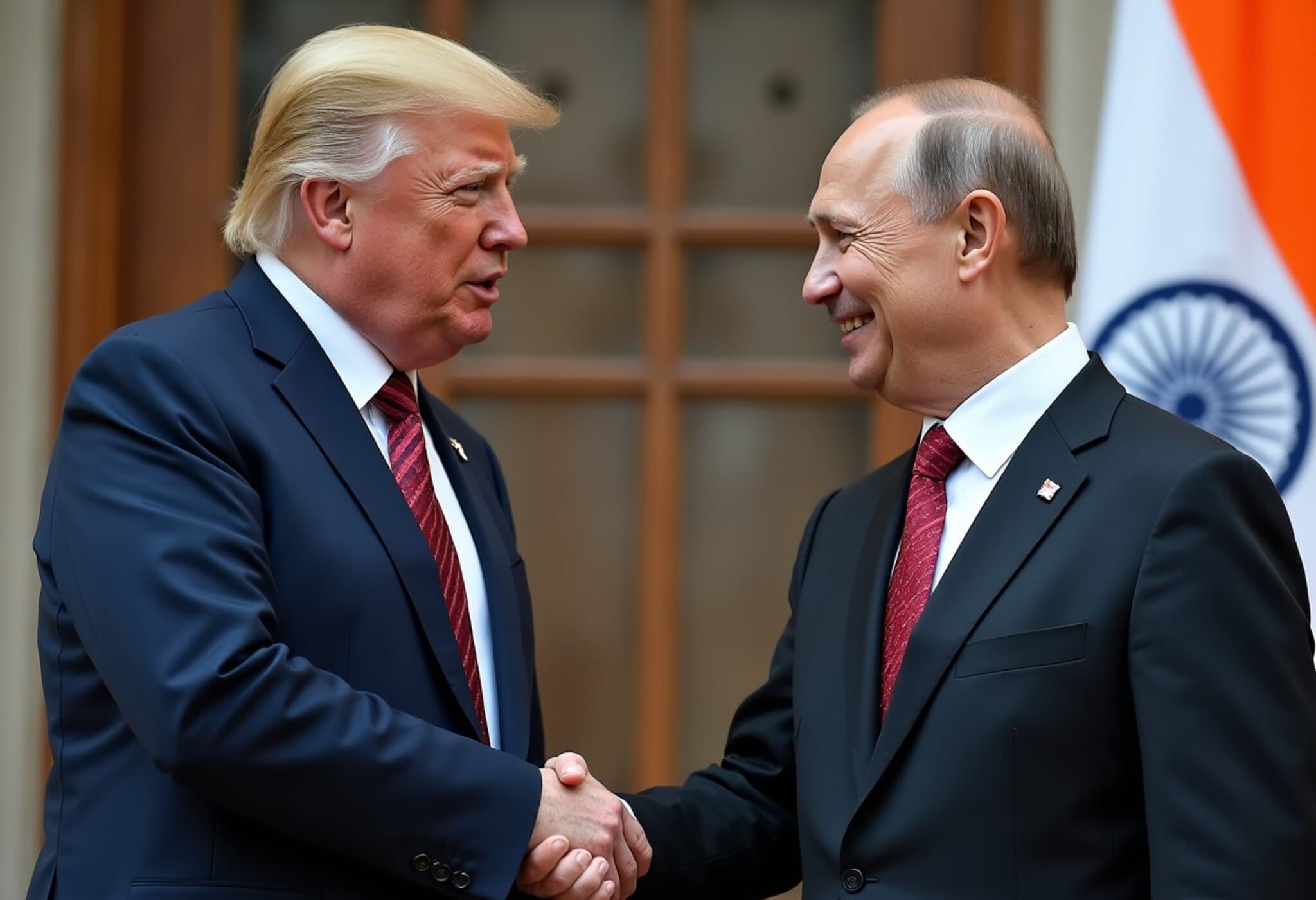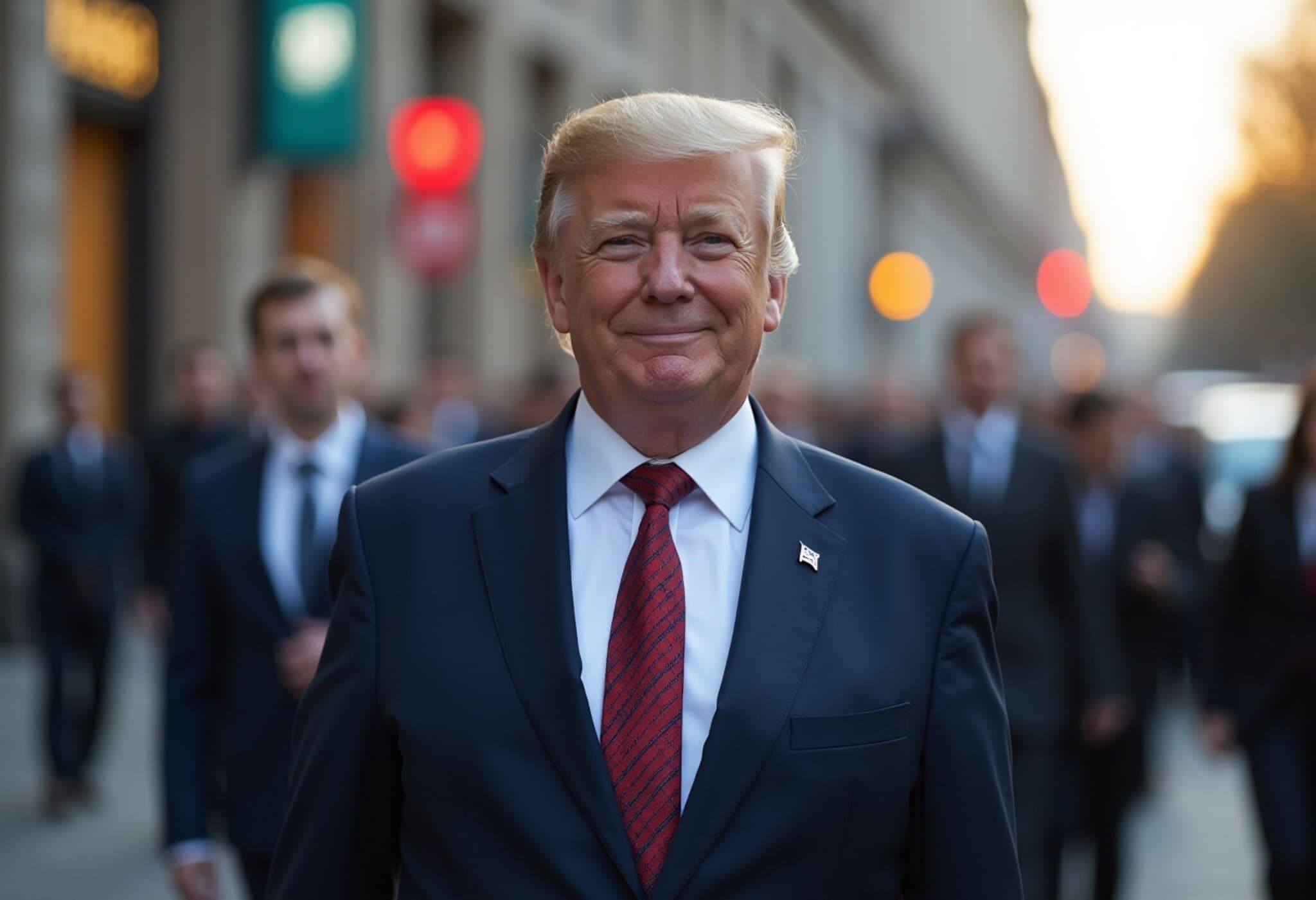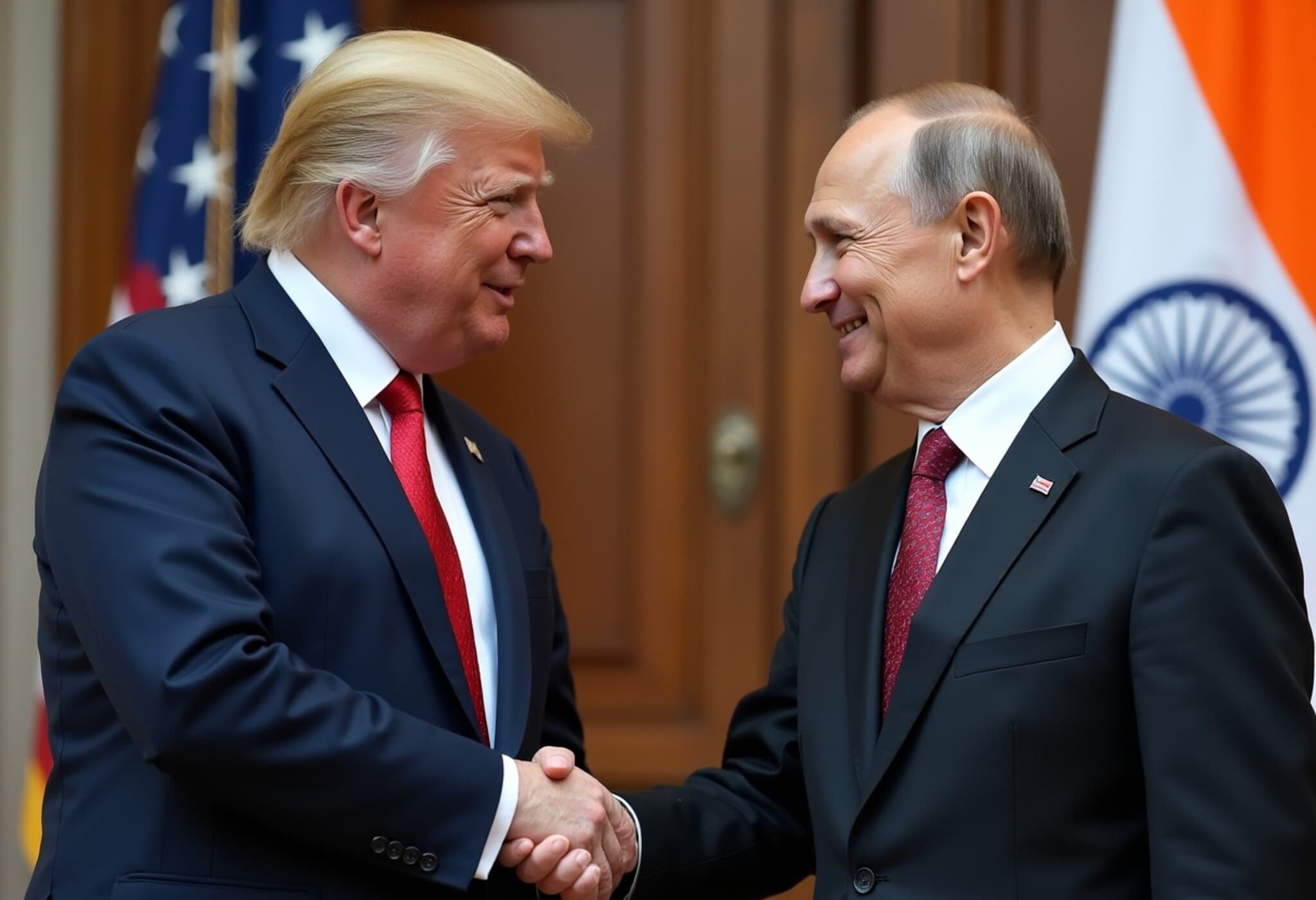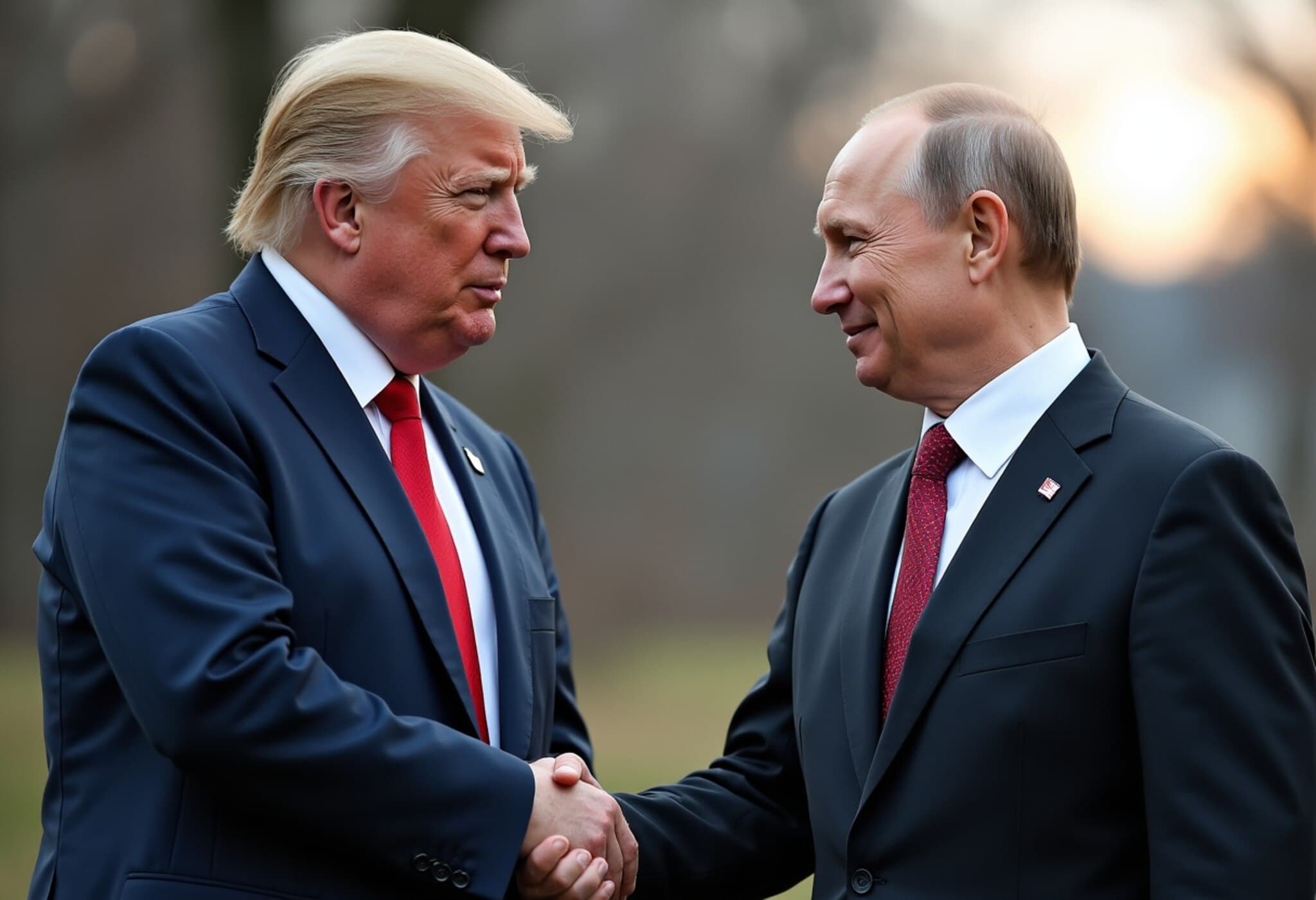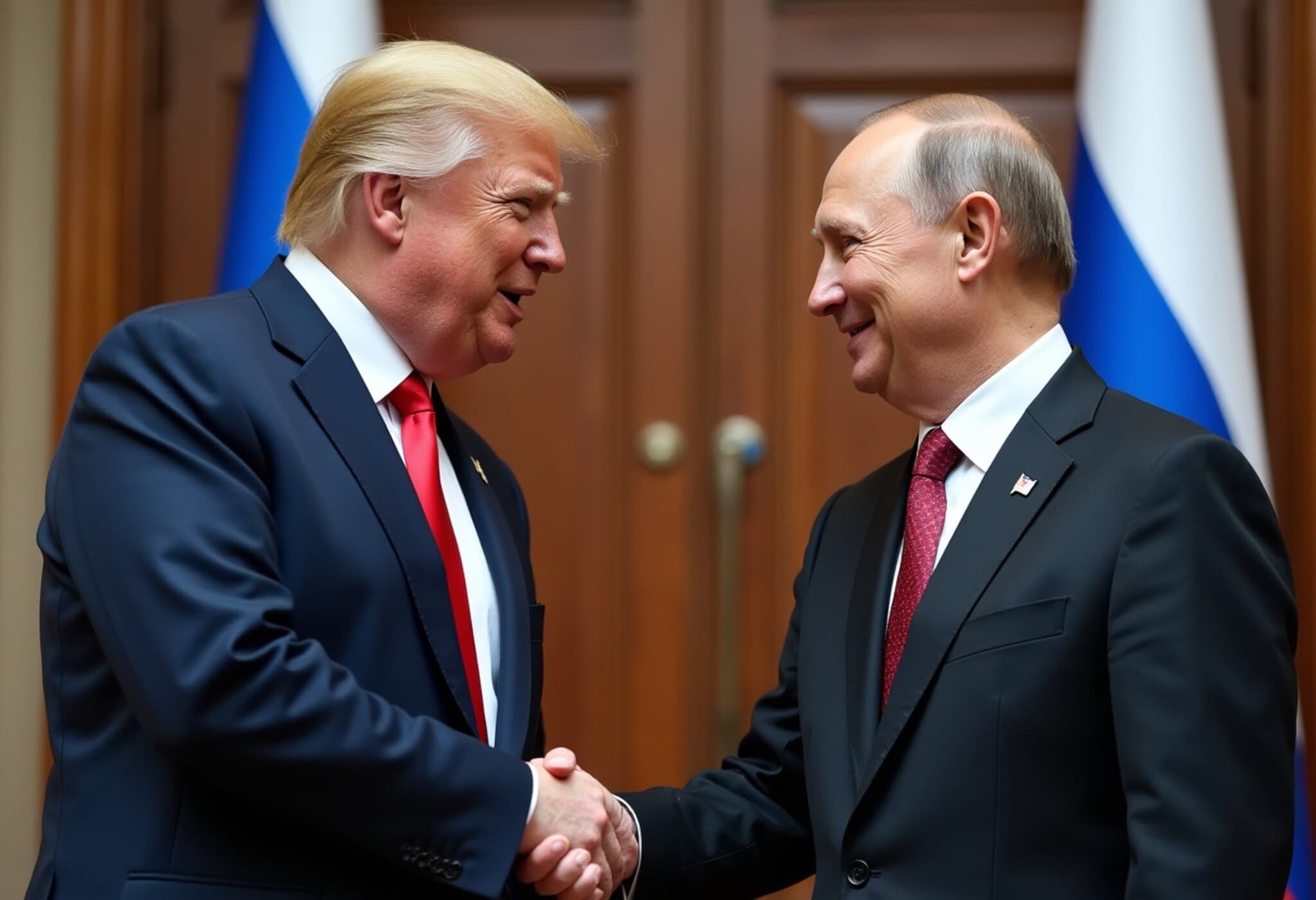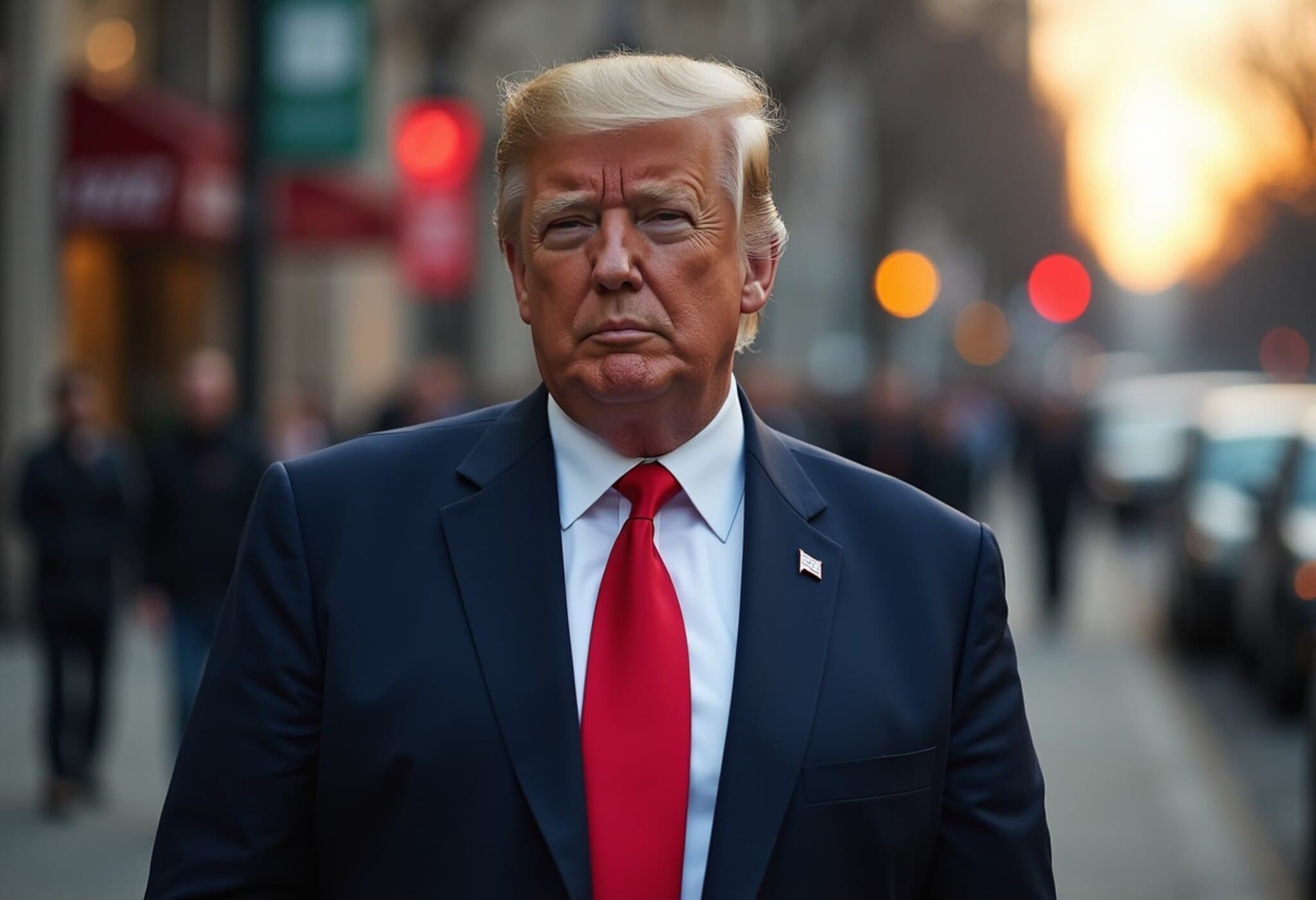Trump Sets the Stage for Alaska Talks with Putin: A ‘Feel-Out’ Meeting
In the shadow of a war-ravaged Ukraine, US President Donald Trump has framed his upcoming meeting with Russian President Vladimir Putin in Alaska as a pivotal "feel-out" conversation. Speaking ahead of their high-stakes encounter, Trump expressed confidence that he would know within the first two minutes whether meaningful progress could be achieved.
"This is really a feel-out meeting," Trump said, underscoring the tentative nature of the talks amid escalating tensions. "I’ll probably know in the first two minutes if progress is possible or if it’s a dead end." These words set the tone for a summit that could either open a new chapter in Russian-Ukrainian relations or reinforce the deadlock that has gripped the region.
Territorial Concessions: The Controversial Path to Peace?
Trump did not shy away from outlining what he views as the hard realities towards resolving the conflict. He emphasized that lasting peace will likely require both Russia and Ukraine to cede portions of their territories. "Russia’s occupied a significant part of Ukraine, including strategic areas," he remarked. "We’re going to try to get some of that territory back for Ukraine, but some form of land swapping will have to take place."
This perspective challenges much of the West’s stance, which firmly supports Ukraine’s territorial integrity. The suggestion of territorial concessions raises complex questions around sovereignty and international law, pointing to the difficult compromises that peace talks might demand.
Balancing Toughness and Diplomacy
While Trump’s rhetoric signals willingness to negotiate, his administration continues to maintain pressure on Russia. Recently, the US has approved additional arms shipments to Ukraine and threatened tariffs on countries importing Russian oil, illustrating the tightrope between sanctioning Moscow and pursuing diplomacy.
European allies, meanwhile, express cautious skepticism. Concerns persist that any agreement struck in Alaska might require Ukraine to accept significant territorial losses, a prospect fiercely resisted in Kyiv.
Broader Geopolitical Implications: European Leaders Prepare
Preparing for the ripple effects of the US-Russia summit, German Chancellor Friedrich Merz announced an upcoming meeting with key leaders from Europe, NATO, Ukraine, and the US to strategize. Scheduled for two days before the Alaska talks, these consultations will focus on exerting pressure on Russia and hashing out parameters for potential peace negotiations—including thorny issues of territorial claims and security guarantees.
Such multilateral discussions highlight the complexity of the Ukrainian conflict, which remains a major destabilizing force in Europe and tests the alliances shaping global power dynamics.
Expert Insight: What Lies Ahead?
As the world watches this critical encounter, several critical questions arise:
- Can a ‘‘feel-out’’ meeting realistically move the needle on a conflict entrenched for years? Experienced diplomats caution that durable peace is rarely forged in minutes but rather through sustained dialogue and concessions backed by enforceable agreements.
- What are the risks of endorsing territorial swaps? While pragmatic peace processes sometimes involve land exchanges, this approach may incentivize aggression by rewarding conquest, destabilizing international norms.
- How might US domestic politics shape the negotiations? Trump’s approach, balancing pressure with openness to compromise, may reflect broader debates within the US about the level and nature of engagement in Eastern Europe.
In short, the Alaska summit stands as a litmus test — not only for Trump and Putin’s personal diplomacy but for the West’s broader strategy on Russia and Ukraine.
Editor’s Note
While optimism for a quick resolution remains cautious, Trump’s framing of the Alaska summit as a ‘feel-out’ meeting highlights the fragile and high-stakes nature of diplomacy amid ongoing conflict. The suggestion of territorial concessions foregrounds the difficult negotiations ahead, entangling questions of sovereignty, justice, and security. As both leaders prepare to meet, the international community must remain vigilant about the implications for Ukraine’s future and the precedent such talks set for conflict resolution globally.

